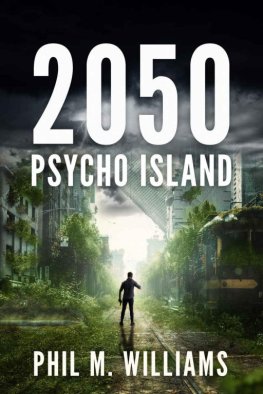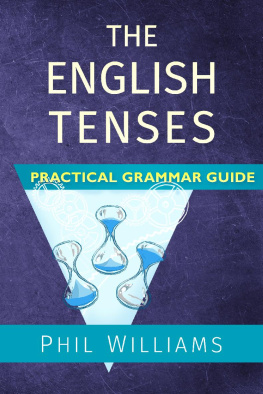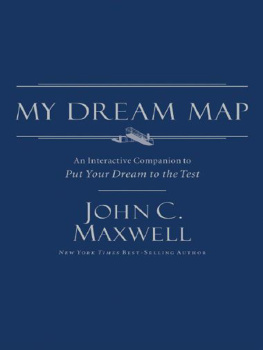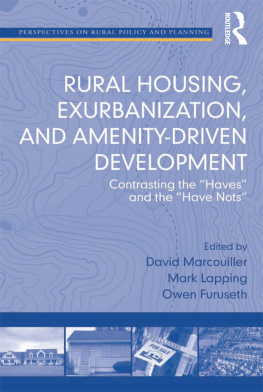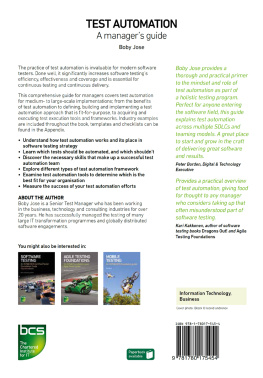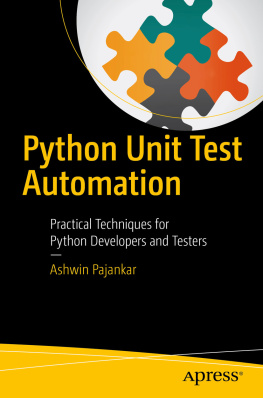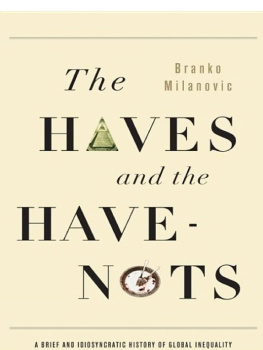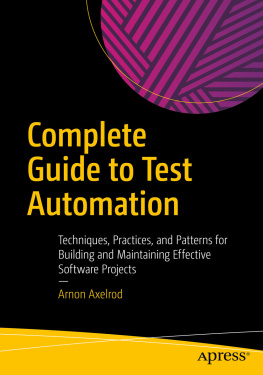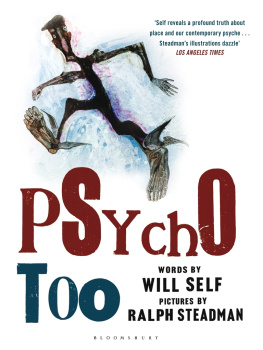Phil M. Williams
2050
PSYCHO ISLAND

Dear Reader,
If youre interested in receiving my novel Against the Grain for free and/or reading many of my other titles for free or discounted, go to the following link: http://www.PhilWBooks.com.
Youre probably thinking, Whats the catch? There is no catch.
Sincerely,
Phil M. Williams
1
Derek and the Family Orchard
Mornin, Mom. Derek kissed his mother on the cheek.
Hannah Reeves stood over the electric stovetop, cooking scrambled eggs. A pitcher of fresh-squeezed orange juice was on the counter. Good morning, honey, she replied, not looking at her son.
Derek stared at his mother, his eyes squinting. She was a sturdy woman with thick gray hair. Chubby, not fat, but she looked a little thinner than usual. And she had dark circles around her eyes. You okay? You look tired.
Hannah frowned at her son. Thanks for noticing.
You eatin enough?
Thats my line. She went back to the eggs. Put your toast on.
You didnt answer my question.
Im fine.
Derek raised his eyebrows. You need me to work the farmers market this weekend?
I said Im fine. You got enough to do. Make your toast. Your eggs are almost done.
Derek eyed his mother one last time, then grabbed the loaf of bread from the counter. You want any?
I already ate.
Hannah sat with her adult son as he ate his breakfast. The kitchen table was wooden, painted white, made by Dereks late father. Derek took a gulp of his orange juice.
You gonna have the George oranges ready for market? Hannah asked.
Derek set his glass on the table with a smile. I should have em picked and boxed with a day to spare.
Hannah smiled back. I remember when we had to hire ten guys for the picking.
Good thing we dont have to anymore. We cant afford it. And, even if we could, Im not sure we could find farm labor. Not with UBI.
Your dad always struggled to find help. Even before UBI.
Derek nodded and stood from the table, grabbing his plate and glass. Thanks for breakfast, Mom. I should get movin.
Outside, scattered clouds parted for the rising sun. Birds chirped. Dew covered every surface but would quickly evaporate as the sun took center stage. From the porch of the old farmhouse, Derek surveyed the orchard. Ninety acres of premium farmland in the Shenandoah Valley of Virginia. The orchard sat on a gently sloped, south-facing hill. Every twenty feet or so, ditches had been dug along the contour lines, berms formed downslope, and trees planted on the berms. The ditches collected valuable water and nutrients to feed the trees planted on the berms. Eight compacted clay ponds had been constructed to collect excess runoff and to feed the trees in times of drought.
Derek walked to the barn, a dilapidated relic of a time long gone. Two large machines were parked inside: the tractor and the picker. The picker was long and tall and sat on four skinny knobby tires. On the right side of the machine, a hose end, large enough to pass a grapefruit, was connected to a track that extended twenty-five feet in the air. Derek climbed on the machine, sat in the captains chair, and pressed the Start button.
The touch screen appeared in front of him, the battery-powered engine silent. He used the joystick to drive the machine into the orchard. The picker was very slow. Even in transport mode, it inched forward at less than five miles per hour. Derek drove the picker to the first row of ripe oranges, the right side of the machine and the mechanical hose facing the fruit. He tapped the screen, selecting the speed and the settings.
The hose end came to life, moving up the track, then pivoting forward on a joint into the tree canopy. The hose end suctioned an orange from a branch, then another, and another. The oranges were fed through the hose to a soft conveyer belt and deposited into a cardboard box.
The machine inched forward as it picked the tree clean. Derek dismounted the picker and checked the box in the rear of the machine. He pushed aside the full box for storage later and added an empty box. Every five minutes or so, Derek would need to add another empty box.
While he waited, he used another suction hose, one that wasnt automated but could be used by humans to vacuum fruit from the orchard floor. As he vacuumed, he smelled the lemongrass and oregano and basil that grew underneath and confused would-be orange pests. Vacuuming was an art as much as it was a science. He had to be careful of his herbs and to avoid gleaning damaged fruit. He had the picker down to a science. The speed he selected on the picker was just enough time for him to hand-vacuum the fruit under the tree and to change the box before the picker moved on to the next orange tree.
A mimosa tree grew between each orange tree, planted for nitrogen fixation and bee fodder. In the last few years, as the weather had warmed, Derek had planted ice cream bean trees for nitrogen fixation instead. Mimosas still grew, but, if the warming trend continued, the ice cream bean tree would be a better selection.
When Derek was born, the orchard was firmly rooted in plant hardiness zone 7. In his early teens, the orchard was in zone 8. During this time he had started experimenting with citrus, eventually breeding two orange varieties hardy enough for their mild Virginia winters, which felt shorter and milder each year. It had been dumb luck really, like hitting the lottery twice.
He had grown thousands of oranges from seed, the cold weather killing most of them. But some of them had survived. So he had cultivated these trees until they had produced fruit, which had taken about twelve years. Most of the fruit was bitter and of poor quality, but two of the trees produced tasty oranges, and these trees he used to propagate all the orange trees in the orchard.
These two trees produced delicious oranges, but they were slightly different from one another. One ripened in early November and bore smaller, but juicier and sweeter oranges. He currently harvested these oranges. The other ripened two weeks later, produced twice the yield, with larger but less sweet oranges. He had named the orange varieties after his parents. The earlier ripening variety, George oranges, and the later, Hannah oranges. The George oranges produced a decent income, but the Hannah oranges saved the farm every year.
Derek had patented his cold-hardy oranges and had sold the rights to grow them for a small fee. Many local orchards had grown his orange trees, and it produced a modest additional income for him. Seven years ago, a large conglomerate had developed cold-hardy oranges suspiciously identical to Dereks. Unfortunately, Derek did not have the money to sue a well-connected conglomerate with a full-time legal staff.
Since that time, many of the small orchards that grew his trees were saddled with debt and went out of business, losing to massive mechanized farms and imported fruit. The banks and financial institutions had suppressed commodity prices, hurting the farmers, causing defaults, and placing farms firmly in the grasp of multinational banks. The consumers rarely complained because they wanted cheap food, but they didnt get cheap food. The low commodity prices only served to allow for a bigger markup for middlemen and grocers. Derek was part of a dying breed of small farmers.
His phone chimed in his pocket. He grabbed his cell and swiped right with his left thumb while still holding the suction hose with his right hand. Hey.
Hey yourself, April replied. Im sorry to bother you. I know youre busy.
Im not

